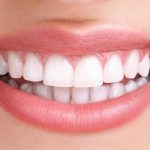When to Wean: The Impact of Pacifiers on Teeth and Oral Development in Infants
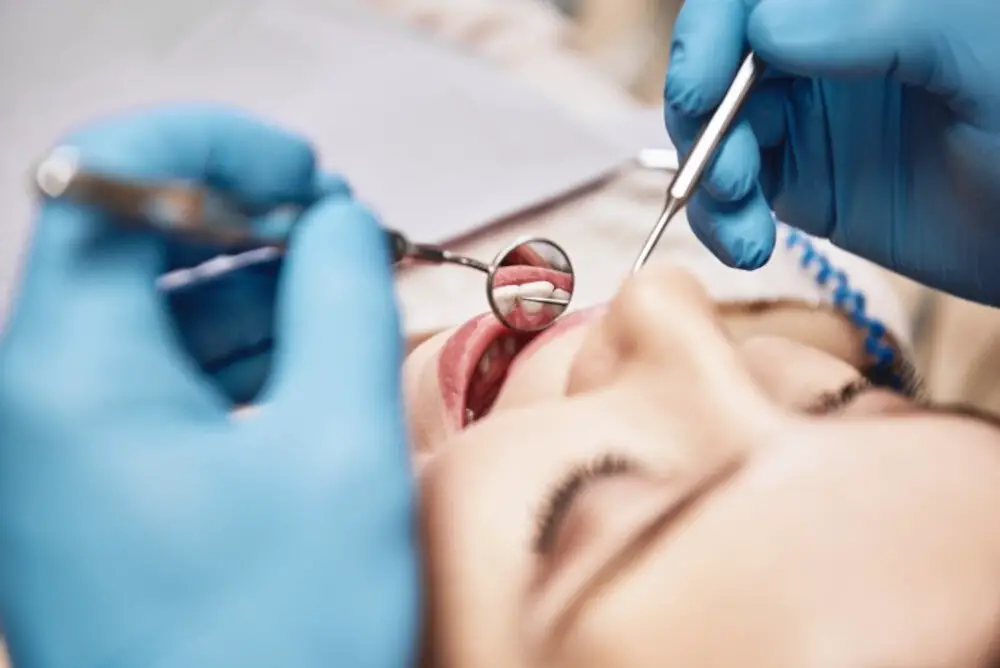
The early years of a child’s life are crucial for their growth and development. One of the most important aspects during this time is oral development. As parents, it is important to pay close attention to our children’s dental health and ensure that we are doing everything possible to promote healthy growth. One topic that often comes up during this time is the use of pacifiers and when it is appropriate to wean our children off of them. Pacifiers are a common item used by parents to soothe their infants, but they can have a significant impact on oral development. Prolonged use of a pacifier can lead to problems with teeth alignment and jaw growth, which can cause issues with speaking, eating, and even breathing. Understanding the impact of pacifiers on oral development is essential for parents to make informed decisions about when to wean their children off of them. In this article, we will explore the effects of pacifiers on teeth and oral development in infants and provide guidance on when and how to wean your child off of them.
Pacifiers are small, nipple-shaped devices made of rubber or silicone that babies can suck on to soothe themselves. The purpose of pacifiers is to provide comfort and alleviate stress in infants, which can help them fall asleep or calm down during times of distress. Pacifiers have been known to reduce the risk of sudden infant death syndrome (SIDS) and can also help with feeding difficulties in premature babies. However, prolonged use of pacifiers can have negative effects on a baby’s oral development and can lead to dental problems such as misaligned teeth or a narrow palate. It is important for parents to monitor their baby’s pacifier use and wean them off the pacifier at an appropriate age to ensure proper oral development.
Oral development in infants is crucial for their overall health and well-being. The development of the mouth and teeth plays a significant role in a child’s ability to eat, speak, and communicate effectively. It is essential to monitor a child’s oral development from an early age to ensure that they are meeting the necessary milestones. Pacifiers can be a useful tool for soothing infants; however, prolonged use can have a detrimental impact on their teeth and oral development. It is recommended that parents wean their child off pacifiers by the age of two to avoid potential dental problems. By prioritizing oral development, parents can help their child achieve healthy teeth and a strong foundation for their future oral health.
The purpose of the article titled \When to Wean: The Impact of Pacifiers on Teeth and Oral Development in Infants\ is to educate parents, caregivers, and healthcare professionals about the potential negative consequences of prolonged pacifier use on infants’ oral health. The article explores the impact of pacifiers on teeth alignment, speech development, and the risk of dental problems, such as tooth decay and malocclusion. The article emphasizes the importance of weaning infants from pacifiers at the appropriate time to prevent these potential issues. The article provides practical tips and guidance on how to wean infants from pacifiers and promote healthy oral development. By raising awareness of the impact of pacifiers on infants’ oral health, the article aims to empower parents and caregivers to make informed decisions about their children’s pacifier use.
Understanding Pacifiers
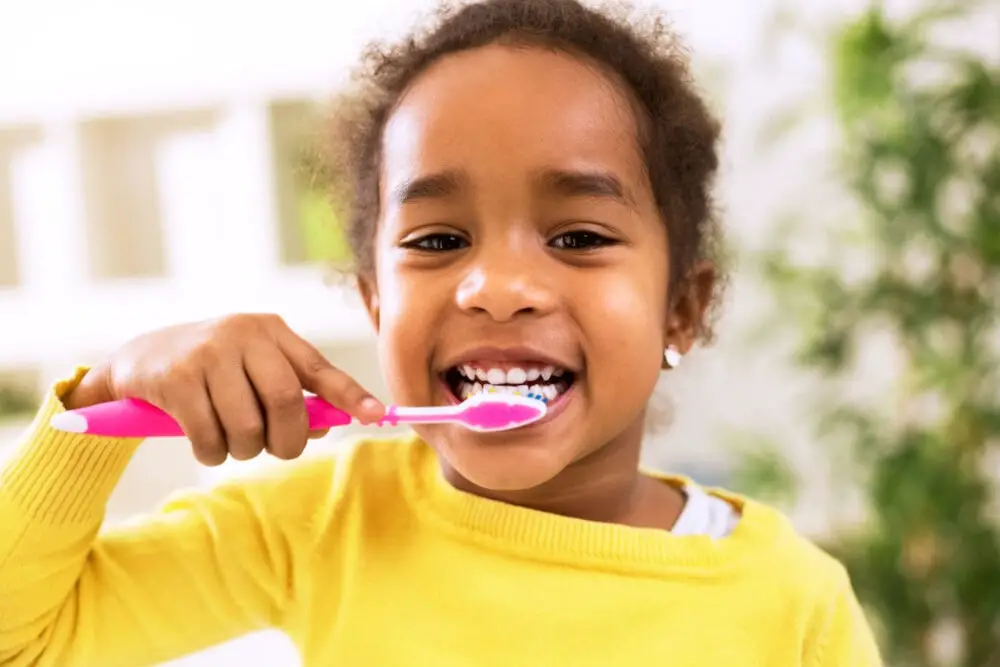
Pacifiers are a common comfort tool for infants and young children. They are often used to soothe a fussy baby or to help a child sleep. However, it is important to understand the impact that pacifiers can have on a child’s teeth and oral development. Prolonged pacifier use can lead to dental problems and even affect the way a child’s face develops. When a child sucks on a pacifier, it can cause changes in the shape of the mouth and the alignment of the teeth. This can lead to malocclusion, a condition where the teeth are not properly aligned, which can cause problems with biting and chewing. Prolonged pacifier use can also lead to issues with the development of the jaw and facial muscles, which can affect speech and breathing. It is important to limit pacifier use and to wean a child off of the pacifier at an appropriate age to prevent these issues from occurring.
Pacifiers, also known as soothers or dummies, come in various types that cater to different needs and preferences. The traditional pacifier has a bulb-shaped silicone or latex nipple, which is designed to mimic the shape of a mother’s breast. Orthodontic pacifiers feature a flattened nipple, which aims to promote proper oral development and prevent dental problems. Some pacifiers come with a built-in thermometer, which indicates the baby’s temperature, while others have a glow-in-the-dark feature, which makes it easier to find in the dark. Additionally, there are pacifiers made from natural materials such as rubber or wood, which claim to be more eco-friendly and chemical-free. When choosing a pacifier, it is important to consider the baby’s age, development stage, and individual needs, as well as consulting with a pediatrician or dentist for guidance.
Pacifiers are a widely used tool for soothing infants and aiding in their development, but they come with both advantages and disadvantages. One of the primary benefits of pacifiers is that they can help reduce the risk of Sudden Infant Death Syndrome (SIDS) by promoting safe sleeping positions and keeping infants calm and relaxed. Additionally, pacifiers can help satisfy a baby’s natural sucking reflex, which can be comforting and soothing. However, prolonged use of pacifiers can have negative effects on a baby’s oral development, such as causing misalignment of teeth or creating a dependence on the pacifier for comfort. It is important for parents to weigh the benefits and drawbacks of pacifiers and make informed decisions about their use.
Pacifiers, although they can be a helpful tool for soothing a baby, can have negative effects on breastfeeding. When a baby sucks on a pacifier, they are not actively nursing and stimulating milk production. This can result in a decrease in milk supply and potentially lead to early weaning. Additionally, the use of a pacifier can lead to nipple confusion, making it difficult for the baby to properly latch and nurse at the breast. It is important to use pacifiers sparingly and only after breastfeeding is well-established to minimize these negative impacts.
Oral Development in Infants
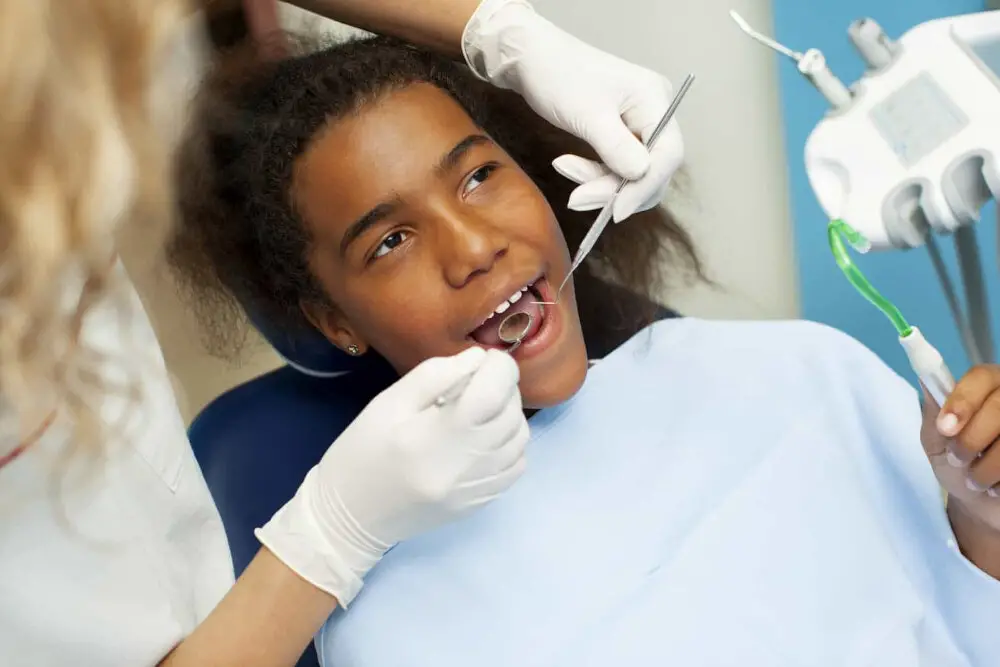
Oral development in infants is a crucial aspect of their overall growth and well-being. During the first few months of their lives, infants rely on sucking to obtain nourishment and comfort. This sucking reflex is vital for their survival and helps to promote the development of their oral muscles. As infants mature, they begin to explore their environment through oral exploration, which further enhances their oral development. However, prolonged use of pacifiers can have negative effects on an infant’s oral development. The constant sucking motion required by pacifiers can lead to the misalignment of teeth and the development of an open bite. Additionally, pacifier use can lead to the overuse of oral muscles, which can cause speech delays and difficulties. As such, it’s important for parents to monitor their child’s pacifier use and wean them off of it as they grow older to promote healthy oral development.
The oral development of infants plays a crucial role in their overall wellbeing. It not only affects their ability to eat and speak but also impacts their facial structure and airway development. Pacifiers are often used to soothe infants, but prolonged use can lead to dental problems such as misaligned teeth and overbites. Additionally, the constant sucking motion can affect the development of the jaw and tongue muscles, leading to speech difficulties and even sleep apnea later in life. Therefore, it is important for parents to monitor their infant’s oral development and limit the use of pacifiers to avoid potential long-term effects.
The stages of oral development in infants are crucial for their overall health and well-being. During the first few months of life, infants rely on sucking for survival and nourishment. As they grow and develop, their oral motor skills improve, and they begin to explore and interact with the world around them through their mouths. By around six months of age, most infants are ready to start transitioning from sucking to solid foods, which helps to strengthen their jaw muscles and develop their ability to chew. However, it’s important to be mindful of the impact that pacifiers can have on oral development, as prolonged use can lead to dental problems and delay the normal progression of oral motor skills.
There are various factors that can affect oral development in infants, and pacifier use is one of them. The frequency, duration, and intensity of the sucking action can lead to changes in the shape of the oral cavity and affect the alignment of teeth. Other factors include genetic predisposition, nutritional status, and overall health. Additionally, environmental factors such as exposure to secondhand smoke or pollutants can also have an impact on oral development. It is important for parents and caregivers to be aware of these factors and take measures to promote healthy oral development in infants, including proper weaning from pacifiers and regular dental check-ups.
The Impact of Pacifiers on Teeth
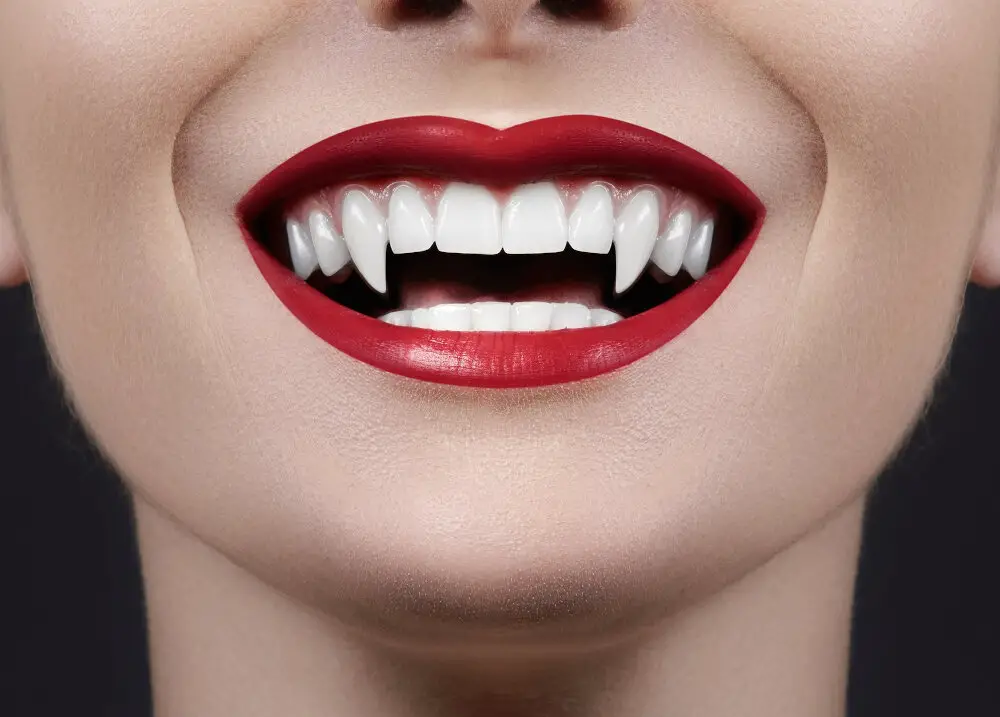
Pacifiers are a common tool used by parents to soothe fussy infants. However, using pacifiers for too long can have a negative impact on a child’s teeth and oral development. Prolonged use of pacifiers can lead to various dental problems such as misaligned teeth, narrow arches, and bite problems. It can also result in the development of an open bite, where the front teeth do not meet when the child bites down. The negative effects of pacifiers on teeth and oral development can be prevented by weaning the child off the pacifier at an appropriate age. The American Academy of Pediatrics recommends that parents start weaning their child off the pacifier between 6-12 months of age. This is the age when teeth start to emerge, and the child’s oral development is crucial. Parents can gradually decrease the time the child spends with the pacifier and encourage other soothing methods such as singing, rocking, or cuddling. By weaning the child off the pacifier at an appropriate age, parents can ensure that their child’s teeth and oral development are not negatively affected.
Pacifiers are a popular tool for soothing infants, but they may have a negative impact on the development of teeth and oral structures. When used for extended periods, pacifiers can cause malocclusion, which is when the teeth become misaligned. This is because the sucking motion required to use a pacifier can alter the shape of the mouth and palate, leading to dental problems later in life. Additionally, pacifier use may contribute to a delay in speech and language development, as well as an increased risk for ear infections. While pacifiers can provide comfort for infants, it is important for parents to monitor their use and wean their child off the pacifier at an appropriate time to prevent potential dental and oral health issues.
Pacifiers can be a great tool for soothing infants, but extended use can have negative effects on teeth and oral development. Prolonged use of pacifiers can lead to dental problems such as misaligned teeth, overbite, and a narrower palate. The pressure from sucking on a pacifier for extended periods can cause the front teeth to push forward and upward, leading to a malocclusion. Additionally, the constant presence of a pacifier in the mouth can prevent the proper growth of the palate, which can lead to speech impediments and other oral health issues. It is important to wean infants off pacifiers at the appropriate time to prevent these negative effects on their dental and oral development.
Pacifiers, also known as soothers or dummies, are a common tool used to calm and soothe infants. While many parents may find pacifiers to be a helpful tool, prolonged pacifier use can have negative impacts on a child’s oral development. The primary risk associated with prolonged pacifier use is the potential for dental problems to develop. Pacifiers can cause a misalignment of the teeth, leading to an overbite or underbite. Additionally, pacifier use can cause changes to the roof of the mouth, potentially leading to speech or feeding difficulties. To minimize these risks, it is recommended that parents wean their child off of pacifiers by the age of two.
When to Wean Your Infant Off Pacifiers
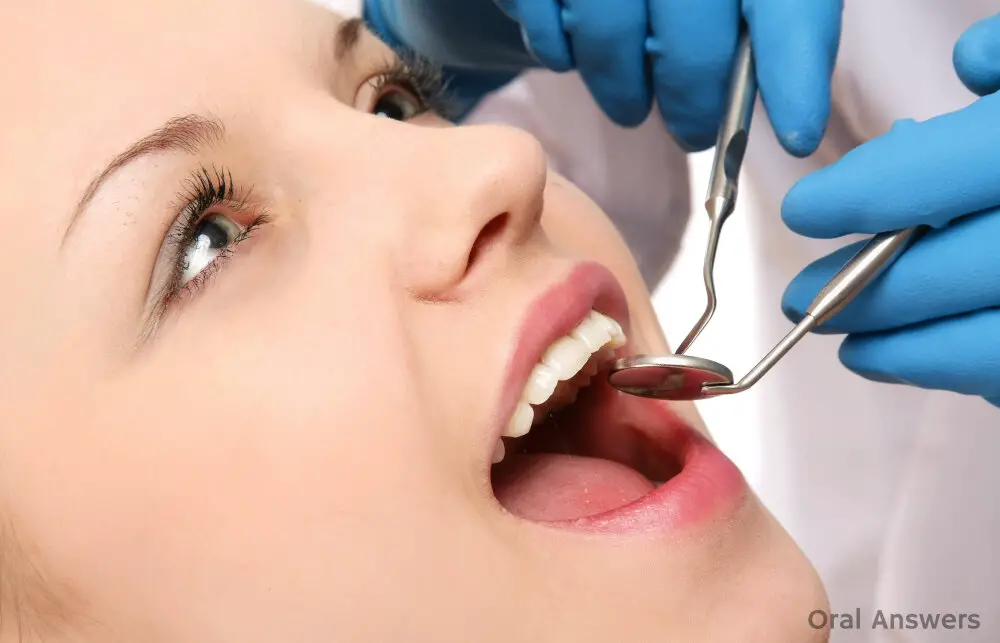
Pacifiers are a source of comfort for babies, but when is it time to wean them off? Experts recommend weaning by the age of two, as prolonged pacifier use can have negative impacts on oral development and tooth alignment. It is important to monitor pacifier use and gradually reduce it as the child grows older. Prolonged use of pacifiers can lead to dental problems such as an overbite, open bite, or crossbite. It can also affect speech development and cause problems with the roof of the mouth. Weaning a child off a pacifier can be challenging, but it is important to do so in a gradual manner. Parents can start by limiting pacifier use to certain times of the day, such as naptime or bedtime, and then gradually reducing the time the pacifier is used until it is no longer needed. By weaning a child off the pacifier at an appropriate age, parents can help ensure their child’s oral development stays on track.
As your infant grows, there might come a time when you need to wean them from using a pacifier. There are several signs to look out for that may indicate your baby is ready to stop using pacifiers. One of the most obvious signs is when your baby starts to use the pacifier less frequently or for shorter periods. Another sign is when your baby begins to show more interest in their surroundings and interacting with others instead of relying on the pacifier for comfort. You may also notice that your baby’s teeth are starting to shift or become misaligned due to the use of a pacifier. Keep a close eye on your infant’s behavior and consult with your pediatrician to determine the best time to wean your baby off of pacifiers.
Weaning your infant off pacifiers can be a challenging task, but it is essential for their oral development. One of the best tips is to gradually reduce the amount of time your baby spends with the pacifier every day. Another tip is to substitute the pacifier with a toy or blanket that provides comfort to your baby. It is also recommended to use positive reinforcement, such as praising your baby when they do not use their pacifier or giving them a small reward. Additionally, it is important to be patient and consistent in your approach to weaning your baby off pacifiers. Remember that every child is different, and it may take some time before your baby becomes comfortable without their pacifier.
Weaning your infant off pacifiers can have numerous benefits for their oral development and overall health. The prolonged use of pacifiers can lead to the misalignment of teeth, causing malocclusion or bite problems. Additionally, it can lead to changes in the shape of the palate, which affects speech development. Weaning off pacifiers can also decrease the risk of ear infections and reduce the frequency of upper respiratory infections. Moreover, it can promote self-soothing skills and independence, as well as improve sleep patterns. By gradually reducing pacifier use, parents can help their infants transition to other comforting techniques and prevent potential oral health issues.
Pacifiers, also known as soothers or dummies, are a common tool used by parents to soothe their infants. While they can provide comfort and calmness, the prolonged use of pacifiers can have detrimental effects on the oral development of babies. Studies have shown that infants who use pacifiers for extended periods of time are more likely to develop dental problems such as malocclusion, open bites, and crossbites. Furthermore, the continuous sucking motion can lead to changes in the shape of the palate and the position of the teeth, which can affect the overall facial structure. Therefore, it is important for parents to be aware of the potential consequences of prolonged pacifier use and to wean their infants off them at the appropriate time to ensure proper oral development.
Monitoring pacifier use in infants is crucial in ensuring proper oral development and preventing potential dental problems in the future. Overuse of pacifiers can lead to malocclusion, misalignment of teeth, and even changes in the shape of the jaw and palate. It is recommended that parents limit pacifier use to the first six months of an infant’s life and begin weaning them off by the age of one. By monitoring pacifier use, parents can ensure that their child’s oral development is on track and take necessary steps to prevent any potential issues. It is important to consult with a pediatric dentist if there are any concerns about pacifier use and its impact on an infant’s oral health.
In conclusion, weaning an infant off pacifiers can be a challenging task for parents, but it is vital for the overall oral health and development of the child. It is recommended to wean off pacifiers between the ages of 6 to 12 months to prevent any negative impacts on the teeth and jaw development. Parents can gradually substitute the pacifier with other forms of comfort, such as a blanket or a stuffed toy, to ease the transition. It is important to remember that every child is unique, and weaning off pacifiers may take longer for some children. However, with patience and consistency, parents can successfully wean their infants off pacifiers and promote healthy oral development.
Conclusion
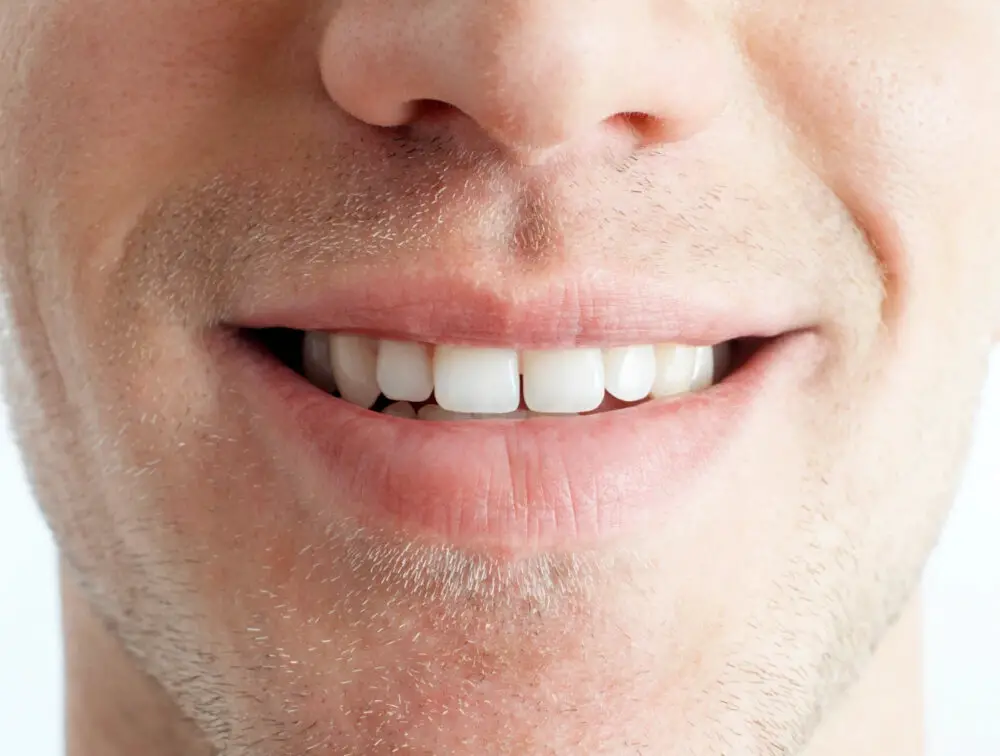
In conclusion, the decision to wean a child from pacifiers should not be taken lightly. While they can provide comfort and soothing benefits, prolonged use can have negative impacts on the child’s teeth and oral development. It is essential for parents and caregivers to monitor pacifier use and to wean children off of them at an appropriate time to ensure healthy teeth and oral development. Overall, the health and well-being of the child must always be the top priority, and making informed decisions regarding pacifier use is just one aspect of ensuring a happy and healthy future for infants.

